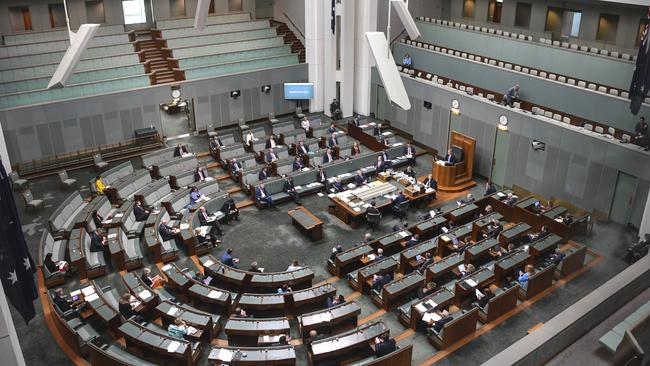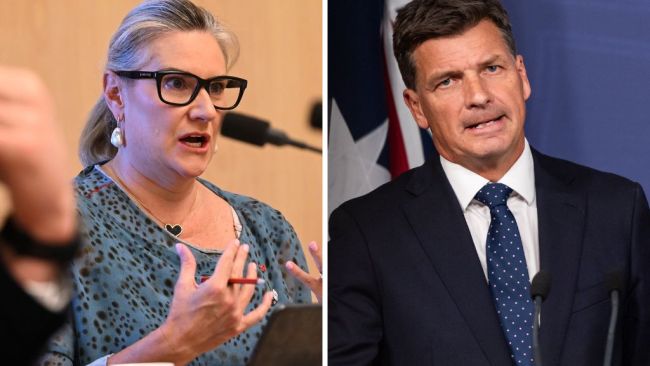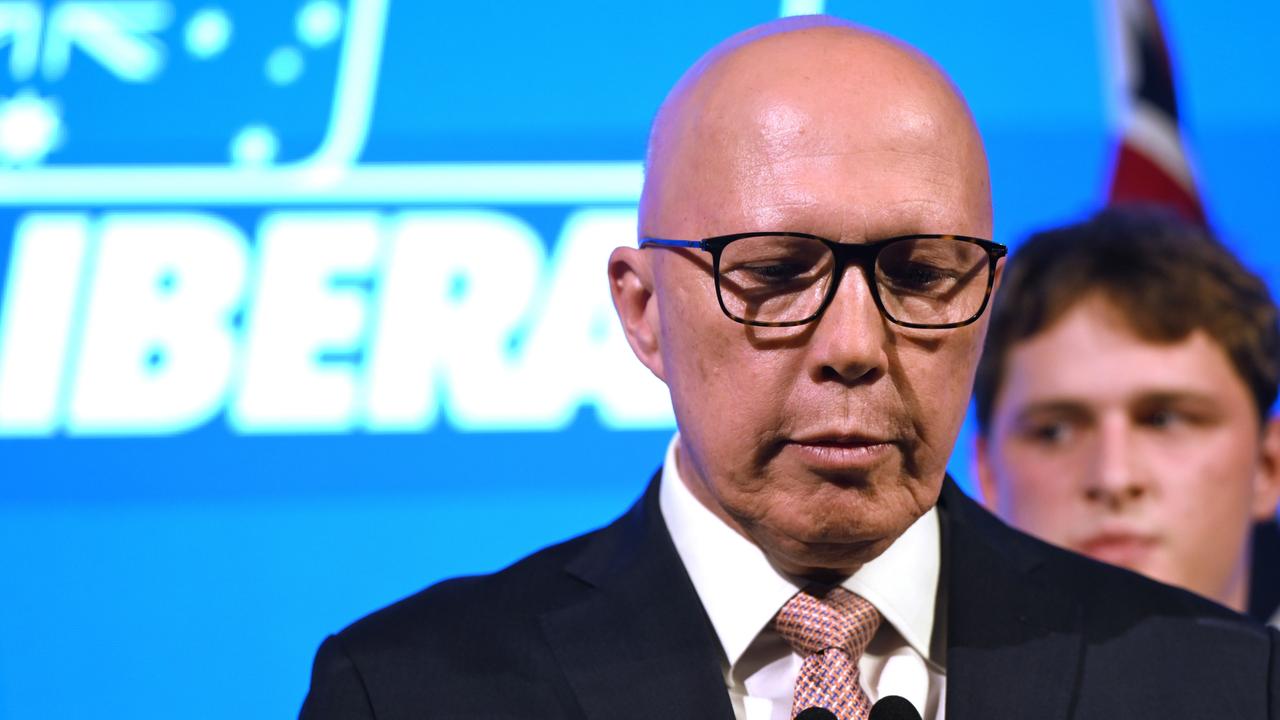Coronavirus: Exemptions needed as MPs recalled to pass JobKeeper bill
About 40 lower-house MPs are expected to fly or drive into Canberra next week to pass the $130bn JobKeeper package.

The government’s $130bn JobKeeper legislation will be put to parliament next Wednesday, with about 40 lower-house MPs expected to fly or drive into Canberra for the extraordinary COVID-19 sitting.
Following discussions between Scott Morrison and Anthony Albanese, a decision was made to recall parliament next week for the wage subsidy package to be considered by a limited number of MPs and senators.
The Australian understands the government and Labor were working towards about 40 MPs returning to Canberra, with a quorum of 31 required to sit in the lower house, and 19 senators.
There are expected to be logistical issues getting MPs to parliament, with limited access to flights and states and territories imposing self-isolation rules and border restrictions.
Exemptions are likely to be sought for some MPs to ensure they can attend, with a preference for as many members and senators as possible to drive to Canberra.
As at 5pm on Wednesday, there had been 452,236 registrations for the JobKeeper scheme, which will pay a flat fortnightly payment of $1500 to up to six million Australians through their employers for up to six months.
Leader of the House Christian Porter said the government was working on drafting the legislation in time for next week.
“The last time we had parliament, there were about 90 people there — I think you would expect to see less than that,’’ he told Perth radio station 6PR.
“The legislative quorum for a parliament is 31 members, so you’ll certainly see more than that. But we’ve got all these added complications of border closures between states and quarantine rules around people moving from state to state.
“So it’ll probably be the most complicated parliament that’s ever been called in terms of how the logistics of it work, so that we can actually get enough people in the parliament voting and have its procedures as regular and as orthodox as possible in all the circumstances.”
Mr Porter said they were looking at bringing MPs to Canberra from locations “where we think it’s safest to move them in from”.
“One of the risks, of course, with parliament is we’re flying people from around Australia, and they’re all in the parliament building and then we’re flying them all back to other parts of Australia.
“So we have to try and do this in a way that meets all of our constitutional and legislative requirements that provides fair scrutiny — that operates like a normal parliament, albeit with less people — and we do it in a safe as possible way for all the people that come here and all the people in our communities that we go back to.’’
The Coalition and Labor agreed last week that the house and Senate could sit, if necessary, sooner than the next sitting scheduled for August 11 “in a manner and form not otherwise provided in the standing orders”.




To join the conversation, please log in. Don't have an account? Register
Join the conversation, you are commenting as Logout